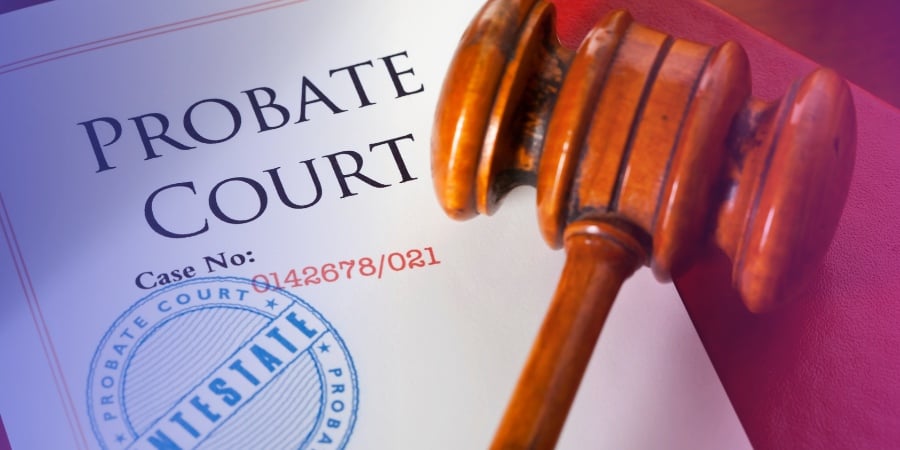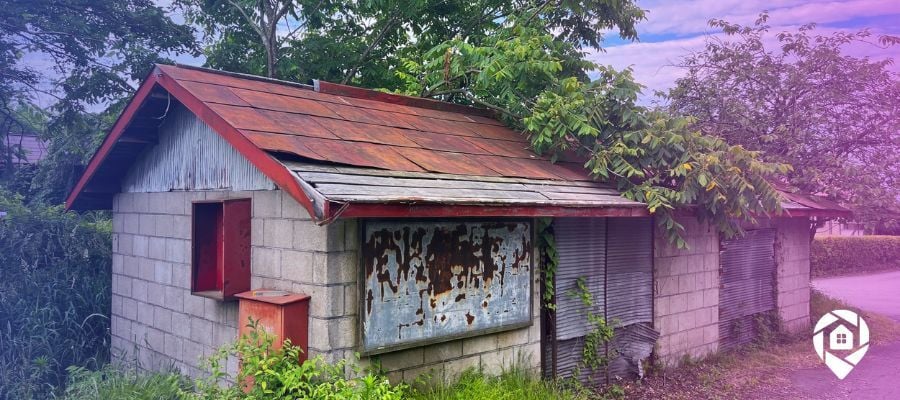
A Deep Dive Into Probate Listings in Real Estate

Welcome to the world of real estate investing. If you're a real estate investor or an aspiring one, you might have come across the term "probate listing". But, have you ever stopped to wonder — what is a probate listing?
This article will delve into this lesser-known aspect of real estate transactions that could yield lucrative deals.
What is a Probate Listing?
A probate listing refers to a property being sold by the estate of a deceased homeowner, post getting approval from a probate court. This process comes into play when there is no will laid out by the deceased for their property. For real estate investors, probate listings are potentially a gold mine to find properties below their usual market prices.
How Does the Probate Process Work in Real Estate?
The probate process starts with the nomination of an administrator or executor, who is in charge of managing the estate's affairs, which includes the sale of any real estate. This person files a petition in the probate court, and post-approval, the property gets listed for sale.
For buyers intrigued by this option, keep in mind that purchasing through a probate sale does differ slightly from other sales. After a buyer shows interest and agrees on the price with the seller, the probate court must sign off on the sale before it's finalized. This process includes re-listing the property for overbidding in court, and ensuring a fair market price for the property.
The Pros and Cons of a Probate Listing
Any type of real estate investment comes with its share of challenges & advantages. The main advantage for an investor is the potential to buy property below its market value as probate sales are driven by the need to quickly liquidate assets.
However, probate sales are not without their complications. They have a longer duration, need court approval, and often, sell the property "as is" with no room to negotiate repairs.
Understanding the Emotional Dynamics in Probate Sales
Probate sales often unfold under emotionally charged circumstances, given they occur due to the loss of a loved one. This unique aspect can significantly affect both the selling and buying process. For sellers, or the heirs of an estate, the decision to sell is not just a financial one but also an emotional closure. Real estate professionals and investors must approach probate sales with empathy and understanding, recognizing the emotional weight carried by the sellers.
From the buyer's perspective, navigating these emotional dynamics respectfully can facilitate smoother transactions and foster positive relationships. Buyers should be prepared for potentially slower decision-making processes as sellers work through their emotions and legal obligations. Establishing a connection built on respect and patience can make a significant difference in probate sales, ensuring all parties feel heard and respected throughout the transaction.

Probate Laws Vary by State
The specific procedures and laws related to probate listings can differ from state to state. Thus, always seek local expertise to understand the variations in your region.
Advice for Buyers and Sellers in a Probate Sale
For buyers, patience, due diligence, and a professional inspection are key. Sellers are advised to work closely with an experienced probate attorney or real estate agent and ensure good communication with the court, buyer, and relevant agents to facilitate a smooth transaction.
Maximizing Opportunities in Probate Real Estate
For investors looking to maximize their opportunities in probate real estate, networking and establishing relationships within this niche market are key. Building connections with probate attorneys, court clerks, and estate executors can provide early notice of upcoming probate listings, giving investors a competitive edge.
Additionally, investors can benefit from creating educational content or seminars geared towards helping executors understand the probate selling process, positioning themselves as trusted advisors in the probate community.
Furthermore, investors should consider the long-term potential of probate properties. While these listings offer below-market prices, they also often require significant investment in renovations and repairs. A thorough inspection and a realistic assessment of renovation costs are essential to ensure the property's potential profit margins justify the investment.
Summing Up – What is a Probate Listing?
A probate listing is a real estate property sold post homeowner's death, but only after getting court approval. It presents a considerable opportunity for investors to acquire properties below market rate, albeit with a more complex process involved.
Join the Conversation
We hope this guide has enlightened you about probate listings in real estate, and we encourage you to share your comments or questions. Connect with us for in-depth guidance on your real estate investment journey and be a part of a thriving community of investors, just like Paul Myers. Share this post and help others navigate the potentially lucrative world of probate listings.

About Benjy Nichols
Benjy has been a Media Manager at DealMachine for the last 5 years. He produces, writes, shoots, and edits our media content for our member's DealMachine and Real Estate education.



